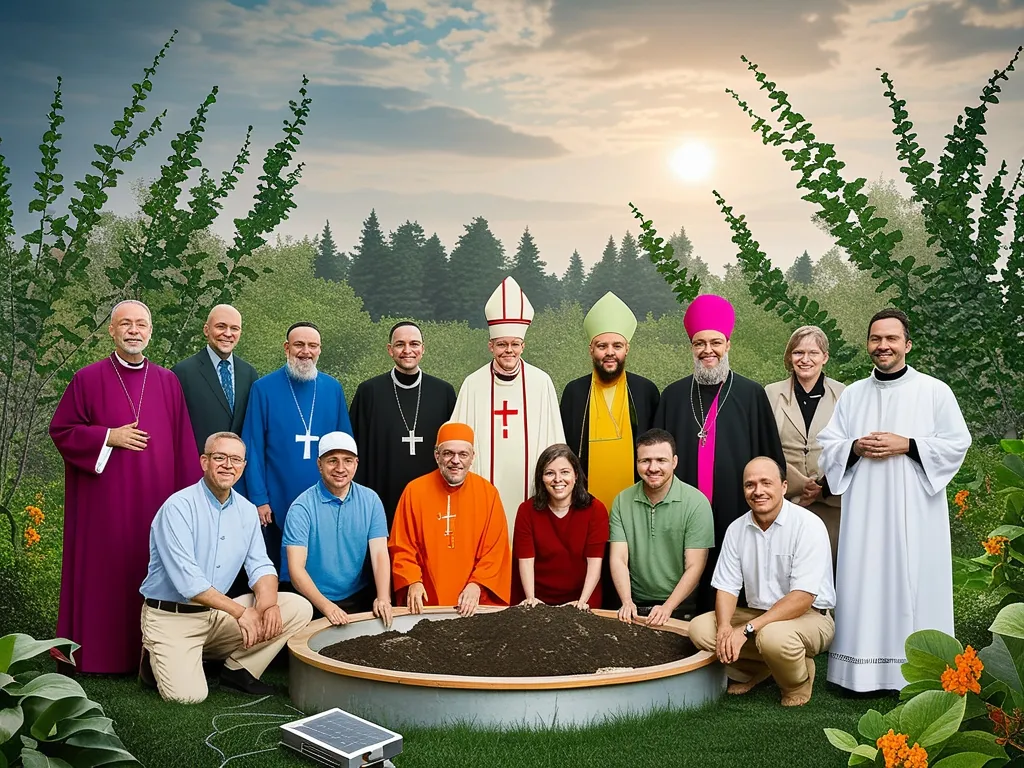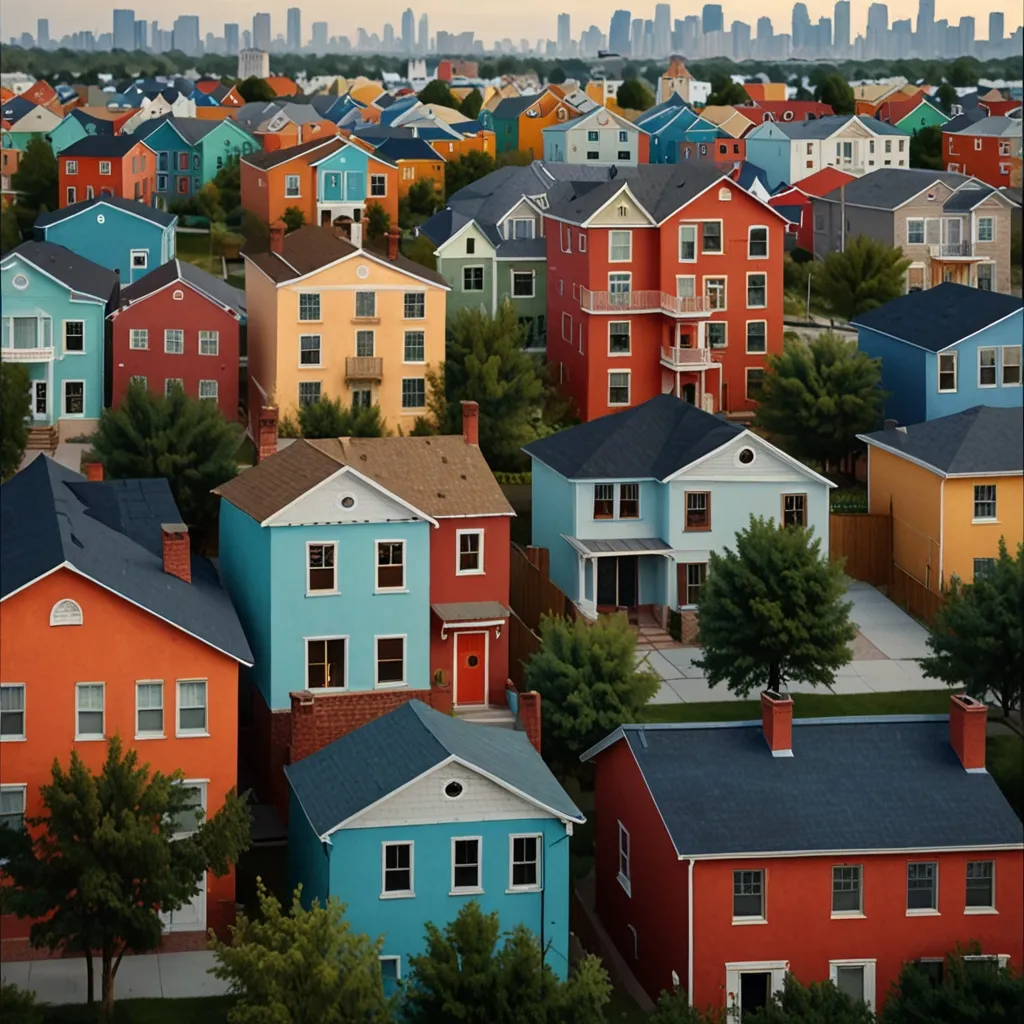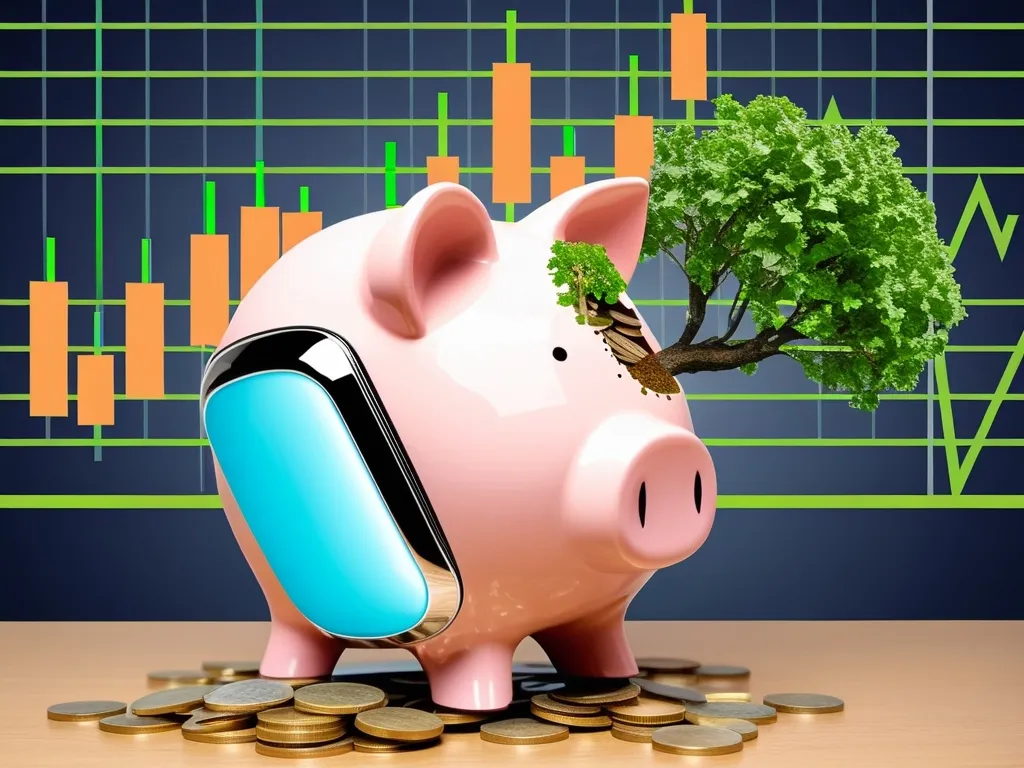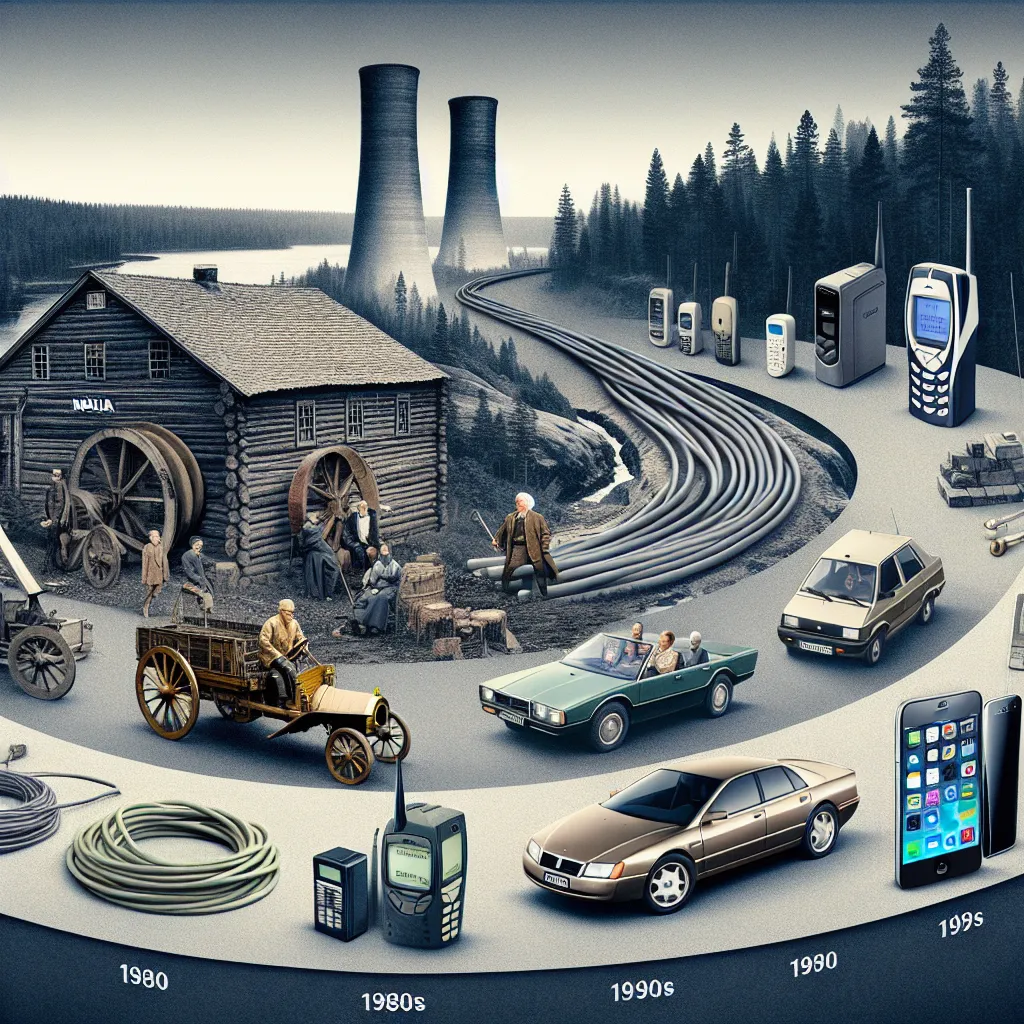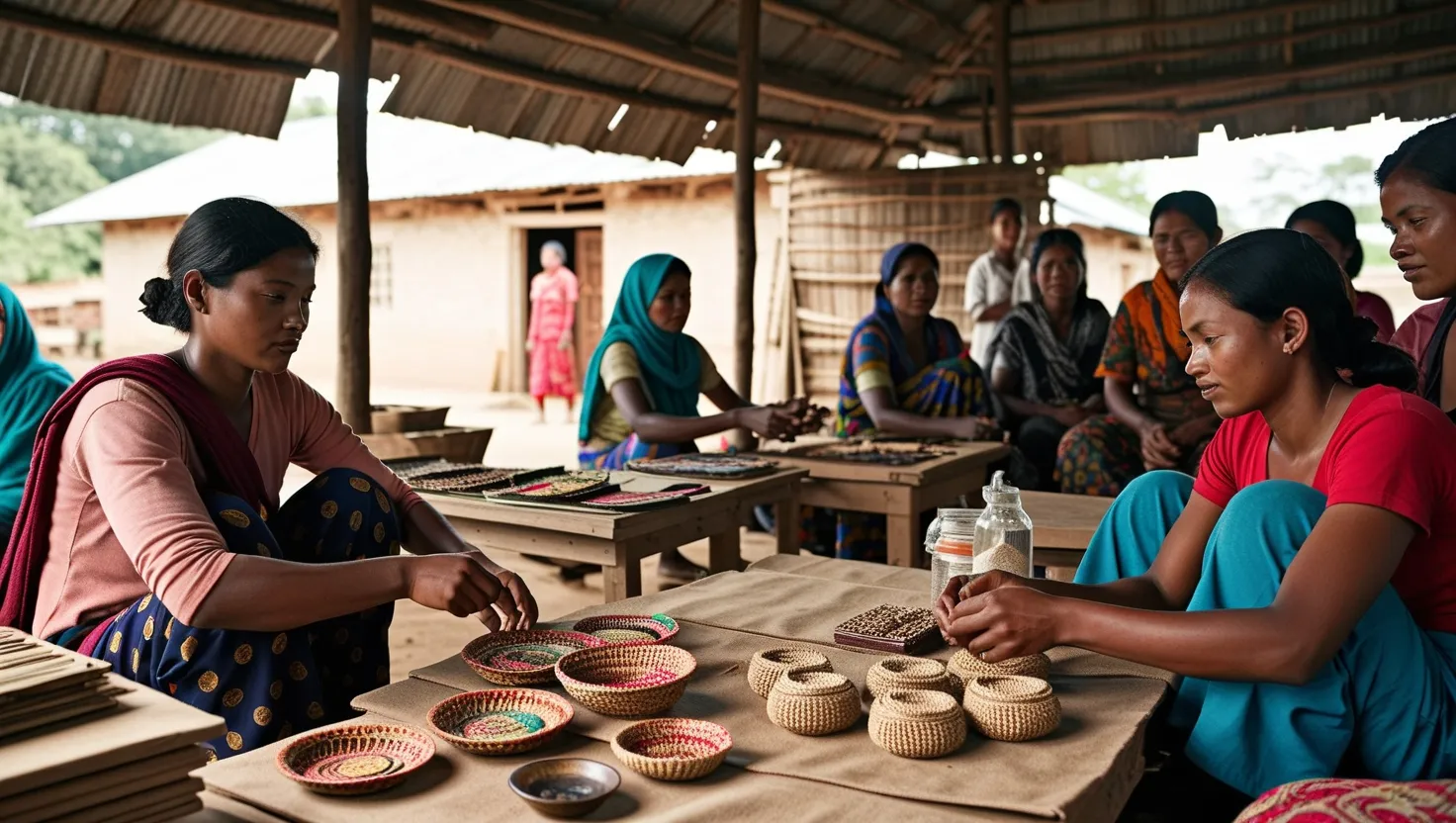As we navigate the complex and often intertwined worlds of finance, investment, and environmental sustainability, it’s easy to overlook a significant yet understated player: religious groups. These organizations, often seen as traditional and static, are increasingly emerging as dynamic forces in the push for sustainable economic practices. Let’s explore how faith-based organizations are revolutionizing the way we think about economics and the environment.
The Economic Halo Effect
To understand the impact of religious groups on sustainability, it’s crucial to first grasp their economic footprint. A study on the economic halo effect of historic sacred places in the United States revealed that these sites generate substantial economic benefits for their communities. On average, a historic sacred place in an urban environment can produce over $1.7 million annually in economic impact. This is not just limited to urban areas; rural churches, too, act as economic powerhouses, with some generating over $735,000 per year in local economic impact.
These figures are not just about numbers; they reflect the multifaceted role these institutions play. They serve as community centers, hosting various events, providing free or below-market rate space for community groups, and offering social services, education programs, and volunteer opportunities. For instance, a small church in a rural Southern town might organize food pantries, direct child care centers, and even host community cookouts, all of which draw people to the area and stimulate local spending.
Ethical Investing and Green Initiatives
Religious groups are also at the forefront of ethical investing and green initiatives. Organizations like FaithInvest are guiding religious institutions to use their financial resources in an ethically and sustainably responsible manner. This involves investing in renewable energy projects, sustainable agriculture, and other environmentally friendly ventures. For example, faith leaders from around the world have collectively called for an end to new fossil fuel projects, demonstrating their commitment to environmental stewardship.
The influence of faith on investment decisions is profound. A study on the role of religion in economic decision-making found that individuals with strong religious values are more inclined to invest in industries or initiatives that align with their religious principles. This means that religious groups are not only advocating for sustainability but also putting their money where their values are, driving a shift towards more responsible and sustainable financial practices.
Community-Based Sustainable Enterprises
One of the most compelling aspects of the role of religious groups in sustainability is their ability to launch and support community-based sustainable enterprises. These initiatives often start small but can have a significant impact on the local environment and economy. For instance, a church in North Carolina might start a client-choice food pantry, not only providing food but also offering dignity and support to the community. Such initiatives extend beyond immediate needs, fostering a sense of community and social responsibility that is essential for sustainable development.
In Ethiopia, the Tewahedo Church has been working tirelessly to protect church-owned forests, which are seen as sacred. These efforts not only preserve biodiversity but also involve local residents in environmental conservation, creating a sense of shared responsibility and stewardship.
Advocacy and Policy Influence
Religious groups are also powerful advocates for environmental policies. By framing environmental issues in theological terms, they can inspire significant behavioral changes among their followers. A study in the UK found that when Christians were presented with theological perspectives on environmental care, they showed a marked increase in pro-environmental behaviors, such as reducing energy use, making sustainable food choices, and recycling.
This advocacy extends to the global stage. Ahead of major climate conferences like COP27, faith leaders have issued collective calls for action, emphasizing the moral and spiritual imperative to protect the planet. These voices can bypass political and cultural divides, mobilizing a broad spectrum of society to take action on environmental issues.
Personal and Practical Change
The impact of faith on environmental action is not just about grand policies or large-scale initiatives; it is also deeply personal. When individuals integrate environmental concerns into their spiritual practices, it can lead to profound changes in their daily lives. For example, a Christian might view nature as sacred and feel a divine responsibility to care for creation. This mindset shift can lead to practical changes such as reducing waste, conserving water, and supporting sustainable agriculture.
In my own experience, seeing how faith communities come together to address environmental issues has been inspiring. From community clean-up events to sustainable gardening projects, these initiatives not only improve the environment but also strengthen community bonds and foster a sense of purpose.
The Role of Religious Education
Religious education plays a critical role in shaping these values and behaviors. By integrating environmental teachings into their curricula, religious institutions can help individuals understand how their faith values align with sustainable practices. This education can deepen individuals’ understanding of how to integrate religious values into their economic decisions, leading to more sustainable consumption and investment patterns.
For instance, Pope Francis’s encyclical “Care for our Common Home” has been a powerful tool in educating Catholics about the importance of environmental stewardship. Similarly, Zen master Thich Nhat Hanh’s writings have inspired Buddhists to adopt sustainable lifestyles and advocate for environmental protection.
Conclusion
The role of religious groups in shaping sustainable economic practices is multifaceted and profound. From their significant economic impact on local communities to their advocacy for environmental policies, these organizations are quietly guiding a more sustainable future. As we continue to face the challenges of climate change and environmental degradation, it is clear that faith-based initiatives will play an increasingly important role.
By recognizing and supporting these efforts, we can harness the power of faith to drive meaningful change. Whether it’s through ethical investing, community-based sustainable enterprises, or personal behavioral changes, the intersection of faith and sustainability offers a compelling narrative of hope and action. As we move forward, it is essential to acknowledge and leverage this unique synergy, ensuring that our economic practices are not only sustainable but also deeply rooted in the values of compassion, justice, and stewardship that many faiths embody.
